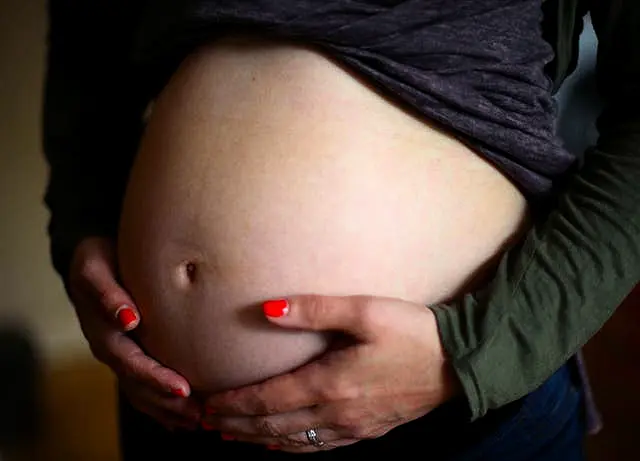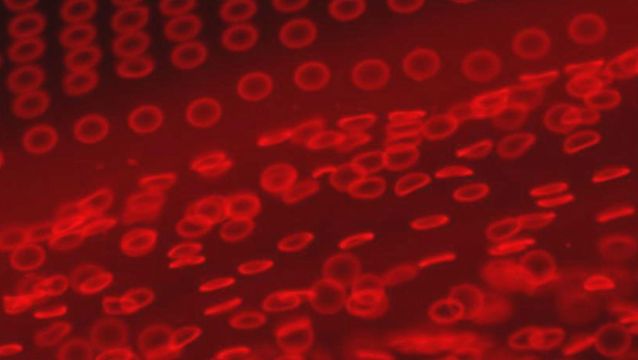A condition affecting the blood is the reason former I’m A Celebrity… Get Me Out Of Here! contestant Olivia Attwood had to leave the television show – but what is anaemia?
The NHS describes anaemia as being the general term for having either fewer red blood cells than normal or having an abnormally low amount of haemoglobin in each red blood cell.
People with anaemia are described as anaemic.
Reducing anaemia is one of the components of our efforts to eradicate all forms of malnutrition.
However, progress has been limited - there are still 614 million women and 280 million children globally who suffer from it https://t.co/4LwpxjZJwK pic.twitter.com/QAO0OfN0rx— World Health Organization (WHO) (@WHO) April 22, 2020
Advertisement
Haemoglobin is the protein found within red blood cells and carries oxygen around the body.
Bone marrow – the spongy centre of some bones – is where new red blood cells are made.
These cells usually work for around three months before they wear out and are removed from the blood, according to the Lymphoma Association.
The NHS describes different types of anaemia – iron deficiency anaemia and vitamin B12 or folate deficiency anaemia.
The former is the most common type, it added.
The health service says iron deficiency anaemia is caused by lack of iron, often because of blood loss or pregnancy, and it can be treated with iron tablets and by eating iron-rich foods such as dark-green leafy vegetables, cereals and bread, meat, dried fruit and pulses such as beans, peas and lentils.
Symptoms can include tiredness and lack of energy, shortness of breath, noticeable heartbeats called heart palpitations and pale skin.

The NHS said that for pregnant women iron deficiency anaemia is most often caused by a lack of iron in the diet, while heavy periods is also a common cause of this type of anaemia.
If left untreated, the condition can make someone more at risk of illness and infection as a lack of iron affects the immune system.
It can also increase a person’s risk of developing complications that affect the heart or lungs, and in pregnancy it can cause a greater risk of complications before and after birth.
Vitamin B12 or folate deficiency anaemia happens when a lack of vitamin B12 or folate causes the body to produce abnormally large red blood cells that cannot function properly, the NHS says.
The health service said this type is more common in older people, affecting around one in 10 people aged 75 or over and one in 20 people aged 65 to 74.
Symptoms of this kind of anaemia include tiredness and a lack of energy, pins and needles, a sore and red tongue, mouth ulcers, muscle weakness, disturbed vision, and psychological problems which can include depression and confusion problems with memory, understanding and judgment.
Treatments include taking vitamin B12 supplements, folic acid tablets, and eating foods such as meat, fish, eggs, dairy products, yeast extract, specially fortified foods and green vegetables like broccoli, brussels sprouts and peas.
Causes include a lack of these particular vitamins in someone’s diet and certain medicines.
Another cause is a condition called pernicious anaemia, where a person’s immune system attacks healthy cells in their stomach, preventing the body from absorbing vitamin B12 from food.
According to the World Health Organisation (WHO), anaemia is a serious global public health problem which affects young children and pregnant women in particular.
The global health organisation estimates that 42% of children under five years old and 40% of pregnant women worldwide are anaemic.







